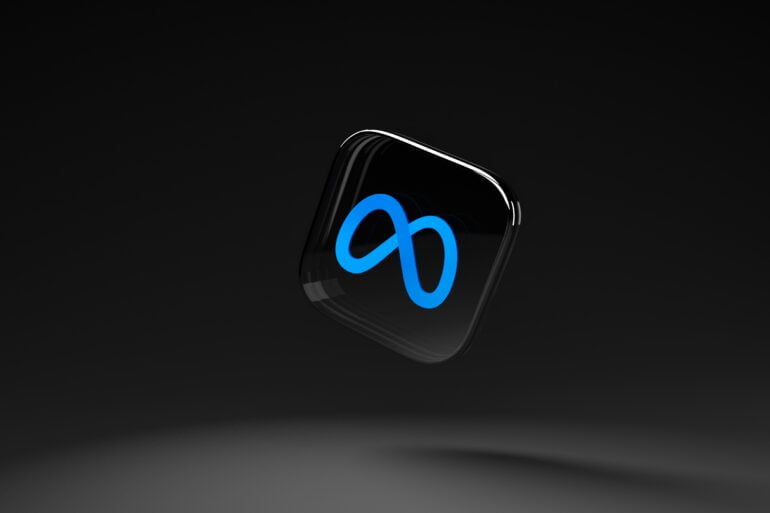Meta recently unveiled ground-breaking news of open-sourcing Llama 3. This latest iteration of cutting-edge open-source large language model (LLM) set new standards in performance, beating the industry-leading models like GPT-3.5 in real-world applications.
Meta in his official blog post stated,
With Llama 3, we aimed to develop open models that rival the best proprietary models available today.
This initial release includes 8 billion and 70 billion parameter versions, with larger models exceeding 400 billion+ parameters in development and set for release in the coming months. Meta told its users that Llama 3 outperforms competing models of its class on key benchmarks and that it’s better at performing tasks like coding. For now, they are releasing smaller Llama 3 models, both in Meta AI assistant and to outside developers, while they have decided to launch a much larger multimodal version soon.
The major goal of Meta AI is to be,
The most intelligent AI assistant that people can freely use across the world.
As Mark Zuckerberg said,
With Llama 3, we basically feel like we’re there.
Llama 3 Purposes:
Llama 3 has been working as a significant resource dedicated to assembling high-quality training data, optimizing the model architecture, scaling up distributed training, and innovative approaches to instruction fine-tuning.
Meta’s 70 billion parameter instruction fine-tuned model works better than GPT-3.5, Claude, and any other LLMs of comparable scale in human evaluations across 12 key usage scenarios like coding, reasoning, and creating writing. The company’s 8 billion parameters pre-trained model set a new record on LLM evaluation tasks.
As Meta stated: “We believe these are the best open-source models of their class, period”.
Meta tech giants are releasing these models with the help of an “Open by default” approach for an open ecosystem of AI development. Users can get Llama 3 across all the major cloud providers, hardware manufacturers, model hosts, and AI platforms.
CTO and co-founder of Iris.ai Victor Botev said,
With the global shift towards AI regulation, the launch of Meta’s Llama 3 model is notable.
Thus, Meta being open-source aligns with the growing emphasis on responsible AI practices and ethical development. Moreover, this new development helps the wider community in education as open models facilities insights into development. Not just this, users may have ability to scrutinize various approaches with this transparency feeding back into the drafting and enforcement of regulation.
Meta’s latest and new AI models come with updated safety features like improving the Llama Guard, which helps identify risks, and CyberSec Eval, which checks for potential misuse. There is also a new tool added called Code Shield that helps stop unsafe code suggestions at inference time.
Botev continued his statement by saying, “However, it’s important to maintain perspective – a model simply being open-source does not automatically equate to ethical AI”.
So, users addressing AI’s challenges must require a comprehensive approach to tackle issues like algorithmic bias, data privacy, societal impacts, and others.
while open-sourcing certain AI tools like Llama 3 promotes scrutiny and collaboration, their true impact hinges on a holistic approach to AI governance compliance and embedding ethics into AI systems’ lifecycles. So, this Meta’s continuing efforts with the Llama model is a step in the right direction, but ethical AI demands sustained commitment from all the developers.
Meta had adopted a “system-level approach” to responsible AI development and deployment with Llama 3. With that, the latest models have undergone extensive safety testing. The Company said developers should go for their own input/output filtering with their application’s requirements.
Meta’s new AI service, Meta AI uses the latest Llama 3 model and is now considered one of the best AI assistants in the world. Users can access Meta AI through Instagram, Facebook, WhatsApp, and the Web. Users can get help in asking general questions, looking for pictures, learning, creative projects, and many others.
Meta is already thinking about Llama 4 and 5. At this point, our goal is not to compete with open-source models. It’s to compete with everything put there and to be the leading AI in the world.
Mark Zuckerburg
So, AI technology is developing so quickly that even though Meta’s new Llama 3 model is leading today, who knows what tomorrow brings? There is a rumor that OpenAI is reading GPT-5, which will be ground-breaking news for the tech industry.

